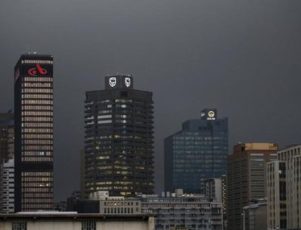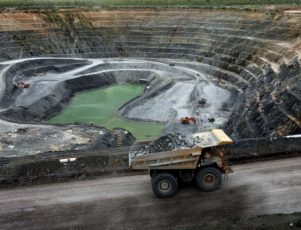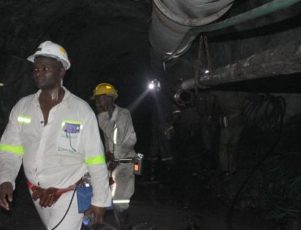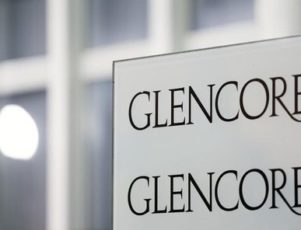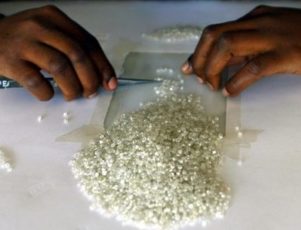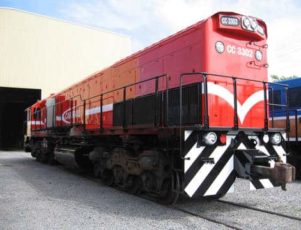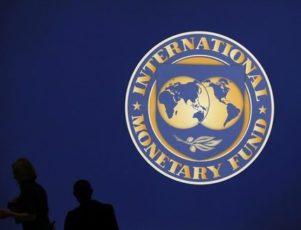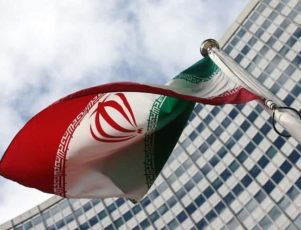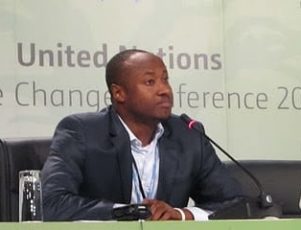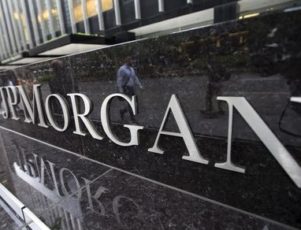By Enu Afolayan (Contributor)
Iran is opening up all major sectors of its economy for foreign investments. The conditions are still under discussion, butforeign businesses are already preparing their market penetration plans. Iran offers exciting opportunities, however the risks are even higher.
On the 29th of June, the Foreign Minister of France met Bijan Namdar Zanganeh, the Oil Minister of Iran, to announce the beginning of a new era in the history of Iran’s oil industry. France’s Total corporation would be the first foreign company to develop Iran’s oilfields after the sanctions have been lifted.
It is expected that the additional oil from Iran will lead to a market supply increase, and consequently to a further decrease in oil prices. It is still a big question whether this scenario will become a reality. While experts and the media try to forecast the amount of barrels arriving on the market from Iran, there may be other aspects of this “Iranian thaw” that could be even more important than short-term fluctuations of BRENT and WTI oil prices.
Iran is opening up all major sectors of its economy for foreign investments. The conditions are still under discussion, but foreign businesses are already preparing their market penetration plans. Iran offers exciting opportunities, however the risks are even higher.
Economics of the Iranian Thaw
The result of the negotiations between Iran and the G6 countries (Russia, USA, EU, Great Britain, France, China and Germany) in July was the so-called Joint Comprehensive Plan of Action – the agreement on Iran’s nuclear program. In exchange for relief from some sanctions, Iran agreed to significantly reduce the stockpile of enriched uranium in the country, and to provide access to IAEA experts to all nuclear facilities in Iran for the next 20 years. Iran also agreed to suspend uranium enrichment operations for 15 years. The EU and the US agreed to lift sanctions starting next year as long as Iran complies with agreements made.
The decrease in oil prices shocked the Iranian economy that had already been struggling. Sanctions have been a heavy burden for the country, weakened by excess bureaucracy, corruption and mismanagement.
The sanctions imposed on Iran led to 60% decrease in oil exports – from 2.5 million barrels per day to 1.4 million barrels per day, with dire consequences for the country’s economy. In 2013, while oil prices were at their peak, Iran’s oil revenues fell from 100 billion USD to 35 billion USD, and GDP was down 5%.
The decrease in oil prices pushed the Iranian government into a corner and it had to recognise the urgent need of reforms. By agreeing with Western countries, Iran aimed to solve multiple problems: the lifting of sanctions, increasing the effectiveness of the economy by attracting foreign investments, and offsetting the oil revenue decrease through increased production output.
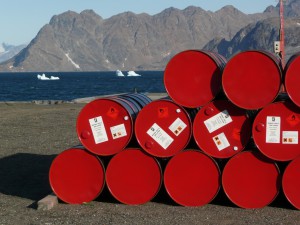
Oil Investments as a Key Goal of the New Governmental Policy
Throughout the history of Iran, oil played a significant role, not only for the economy, but also for the country’s national identity. The first nationalisation of the oil industry under Mohammed Reza Pahlevi happened under the idea of “liberation” of the country from English corporations that exploited the country’s oil resources. Mohammad Mossadegh, the prime minister of Iran in 1950’s, was the first politician to “give back the oil to the people of Iran”. In 1951, the property of Anglo-Persian Oil company (later known as BP) became national property of the country.
In 1953, as a result of a military coup, Mossadegh was ousted and nationalisation was cancelled. British and American corporations agreed on the privatisation of the National Iranian Oil Company. Even though only 10% of the company’s shares belonged to foreign corporations, Ruhollah Chomeini had gained many Iranian hearts by making the “battle for the oil” key to the main leitmotif of his political campaign in exile.
After the 1979 revolution, foreign companies were forced from Iran. The oil industry went into a long period of decline, which lasted until the end of 1990’s, when liberal president Mohammed Hatami attempted to revive the oil industry by cooperating with foreign partners. Unfortunately, his efforts were curbed by the nuclear program of Iran that deteriorated the country‘s relations with the West.
Today, the Iranian government is desperately trying to attract foreign investments into the oil sector in order to increase production output and to fill in the hole in oil revenue. Recently, the Oil Minister of Iran said that without sanctions the country would be able to increase output to 4 million barrel per day. However, Iran would need investments of 50 billion to 100 billion USD to achieve this ambitious goal. To attract this amount of money from foreign investors, the government of Iran has to ensure smooth transformation of all necessary institutions, and to restore the trust of the international community. After two decades of state oil monopoly and two nationalisations, it may take years.
The positive aspect is that after relief from the sanctions, Iran can bring about 30-40 million barrels of crude and condensates that it held in floating storage. Based on estimates of the International Energy Agency, it would ensure the supply of an additional 180,000 barrels per day for 6 months to the global market. Knowing that global consumption of oil is currently at about 90 million barrels per day, this additional oil supply is unlikely to influence oil prices.
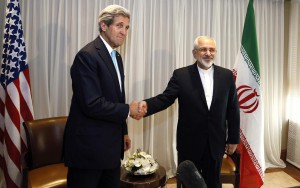
Iranian Foreign Minister Mohammad Javad Zarif shakes hands on January 14, 2015 with US State Secretary John Kerry in Geneva. AFP PHOTO / POOL / RICK WILKING
Non-oil Investments as a Side Effect
It isn’t only the oil and gas industry players that are enthusiastically welcoming the opening up of the Iranian market. The World Bank predicted a “massive economic windfall”, advising Iran to attract investments into non-oil industry, including infrastructure and communications. However, the success of the new investment policy depends on proper planning on the part of Iran. At the moment, the outlook is not as shiny as it might have appeared: widespread corruption and the need of transformation of many national institutions will probably hamper the government’s efforts and discourage investors.
Despite many organisational challenges, Iran attracts investors with tremendous opportunities. A modern day “Gold Rush” is expected to set off in Iran. Coca Cola, Mercedes, Arabian hospitality corporations, American grain importers, European power corporations and many others are already looking forward to the battle for their share of the Iranian market.
The internal privatisation began in Iran few years ago. For a decade, Iranian investors have been acquiring undervalued assets: insurance companies, hospitals, and other public utilities were put up for sale. Recently, the state telecommunications company was put up for sale. However, due to the deep crisis in Iran’s economy, it is getting harder and harder to find internal buyers for these assets. Foreign investments could be an easy solution for Iran’s desperate need for money.
At the same time, Iran’s government is still not clear on conditions of cooperation with foreign investors. President Rohani stated recently that foreign investors would be welcome only if they worked with a local partner, hired local workforce and transferred their technology to Iran.
While the new foreign investment law is still a work in progress, the Iranian president continues his meetings with investors, encouraging them to take the opportunities offered by the new post-sanctions Iran.
Failure of Industrial Nationalism
Media attention is now focused on the relief from sanctions in Iran. However, the key problem in Iran’s economy is not the sanctions that were imposed just a few years ago. The problems with Iran’s economy began much earlier, and they were linked to the nationalisation of all sectors and economic isolation after the revolution.
Iran has the largest hydrocarbon reserves in the world, but its production capacity is lower than that of Russia, USA, Saudi Arabia and Canada. This proves that Iran failed to use the potential of its oil industry to give an impulse to economic development. It had good chances to become a country with one of the highest GDPs per capita and to develop a smart investment policy to boost other sectors of economy. But unfortunately, the success of economic development depends not only on the amount of oil reserves, but also on institutional capacity, anti-corruption measures and proper management systems. Unfortunately, in all these areas, Iran has been at the bottom of global rankings. With or without sanctions, the government of Iran should find a solution to the country‘s internal structural problems.
Read more

